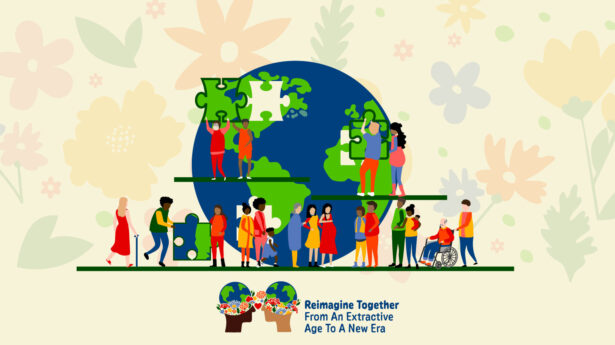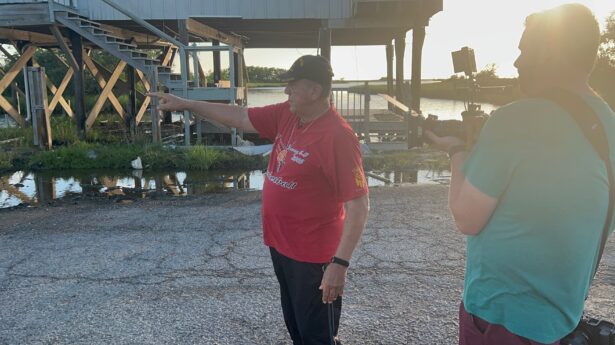The Unitarian Universalist Service Committee advances human rights through grassroots collaborations.
May 19, 2017, Rights Reading
By Kale Connerty on May 19, 2017
Our weekly roundup of what we’re reading in human rights and social justice! This week’s wrap-up includes select articles from the front lines of human rights that we don’t want you to miss: Highlights from the International Day Against Homophobia, Transphobia and Biphobia; updates on family detention; and the latest on climate-forced displacement.

May 17 marked the International Day Against Homophobia, Transphobia, and Biphobia (#IDAHOT or #IDAHOBIT). People all across the world celebrated by wearing colorful clothes that signify the colors of the rainbow, going to rallies, and being vocal online about their support for and solidarity with the LGBTQI community
There were even celebrations in countries with extremely anti-LGBTQI laws. Colin Stewart shares one story about a rally in Russia, where law enforcement stops pro-LGBTQ protests and detains participants. But this year 300 took to the streets in St. Petersburg, and due to their persistence and some fortuitous timing, received police protection. Organizers of the protest shared their thoughts, “Our strategy is ‘constant dripping wears away a stone,’ and today a little chip of that stone fell off.” This is a marked change from the typical response to LGBTQI rallies and protests in Russia and is a testament to how community organizing and persistence can yield surprisingly happy results.
It’s almost impossible for immigrants to win their case to stay in the United States if they don’t have an attorney, no matter how strong their case. There are multiple system-level obstacles that immigrants face as they seek U.S. citizenship, and those barriers can be insurmountable if they are being held in detention centers.
In this article, Patrick Lee provides background and context to the reality of this situation. Because detained immigrants lack the right to an appointed attorney, they must either pay for a lawyer or find one who will take on their case pro bono. However, many lawyers won’t take these cases and many who do lack the necessary time and resources to take on more than a handful of clients from the thousands of immigrants currently in detention centers. On top of this, detention center locations often make lawyers geographically inaccessible, something which Amy Fischer, policy director of UUSC partner RAICES, calls a purposeful move by the federal government to inhibit immigrants’ access to legal resources.
Under President Trump, ICE is ramping up its immigration control policies – arresting more immigrants and making plans for more detention centers. UUSC and its partners, like RAICES, are working hard to ensure that immigrants have the necessary legal resources and protections to plead their case and build their lives in the United States.
Media coverage and aid are much easier to come by for communities displaced when a natural disaster hits. But refugees who are forced to leave their homes due to the slow onset of climate change are often overlooked, even though rising sea levels, erosion, and other consequences of global warming are expected to disrupt thousands of communities over the course of the next several decades.
The choice to relocate is one that must be made by individual communities, but even but even they make that decision, there is often no financial support from local and national governments or NGOs, who have been slow to recognize the severity of climate-forced displacement. Robin Bronen, executive director of the Alaska Institute for Justice (AIJ), argues that the lack of funding is different from political will, which she feels does in fact exist. “There’s this urgent need to protect populations from climate change, but we don’t have the laws in place to facilitate it,” Bronen said. “[That] means that government agencies don’t have mandates or funding to make it possible to actually implement what everybody agrees is the best long-term adaptation strategy.”
UUSC partners with AIJ and other organizations working on climate-forced displacement across the globe to support their efforts to help communities facing destruction at the hands of rising sea levels and prepare themselves for relocation.

